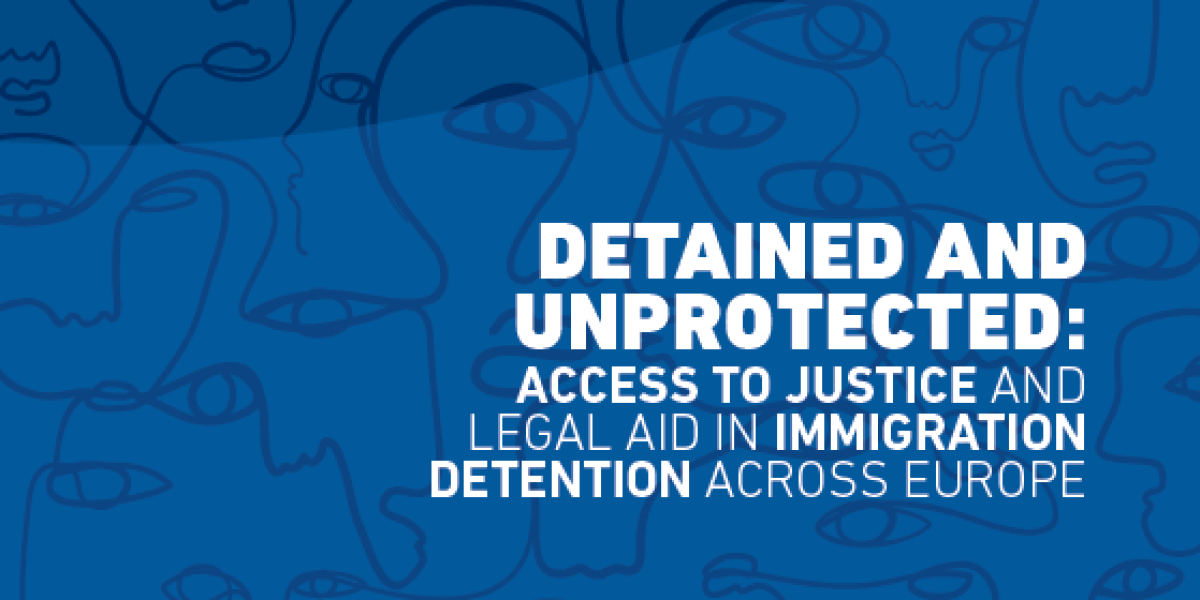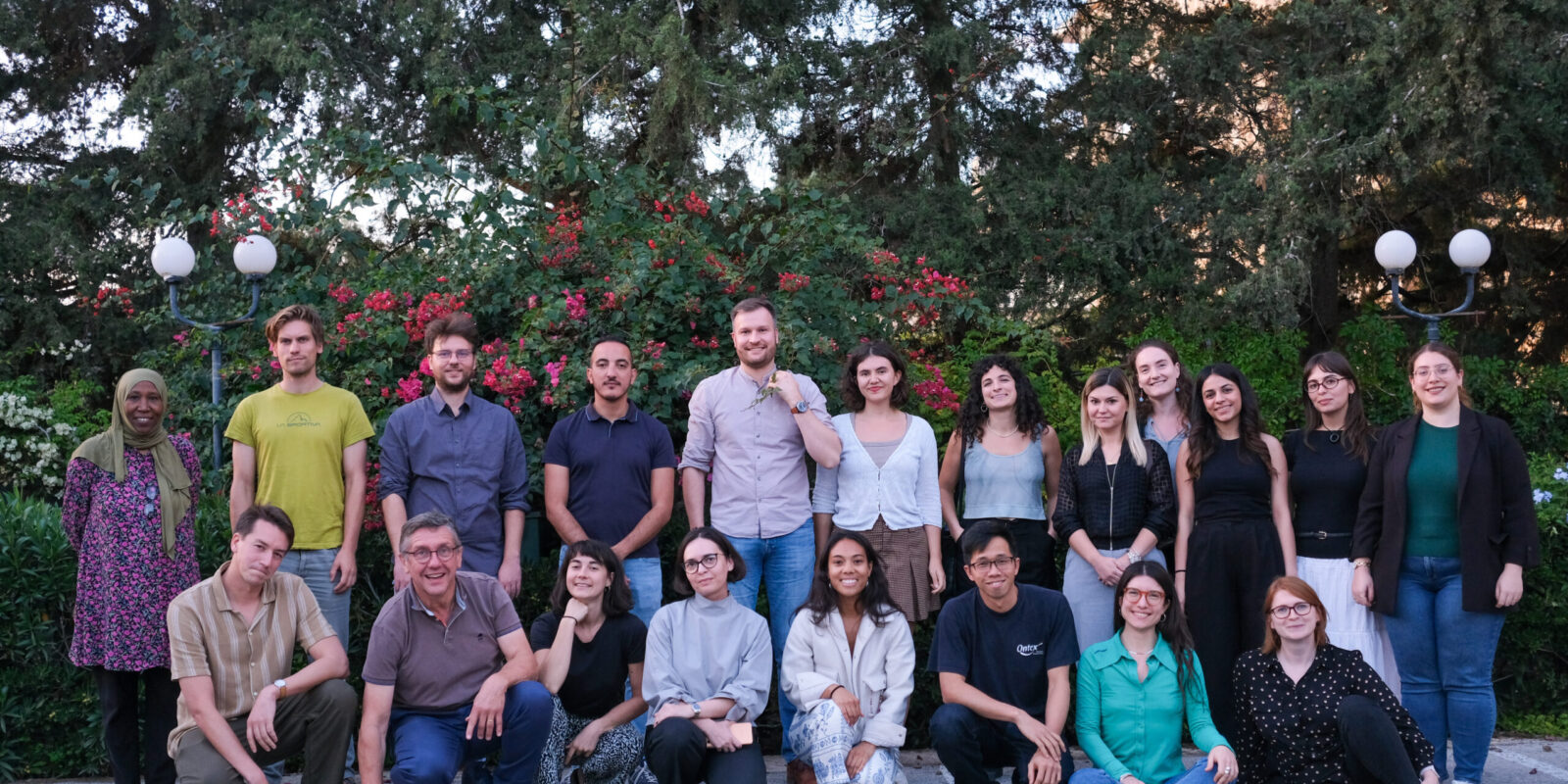Detained and Unprotected: Access to Justice and Legal Aid in Immigration Detention Across Europe
10 July 2024|JRS Europe|Reports and publications

By definition, things that occur in detention occur behind walls, and in a context where those detained have been disempowered. Scrutiny and transparency are therefore often elusive, and access to justice to which people are legally entitled may be denied altogether or made more difficult. This situation is compounded because people are often detained under immigration powers at borders, or when facing removal—in contexts of limbo, where normal justice procedures are easier to circumvent.
Against this background, this report looks into if and how detained migrants can effectively access justice in Europe today. This is a particularly relevant topic, as this work comes at a moment in which the use of detention upon arrival at external borders is likely to increase, as a result of the adoption of the EU Pact on Asylum and Migration. Because of the complexity of immigration procedures in Europe, effective access to justice cannot be properly assessed without considering if migrants—in this case detainees—have effective access to legal assistance. For this reason, a chapter of this report is dedicated to access to legal aid. We further looked into how effectively detainees can access remedies against their detention and return orders. Another chapter explores the existence and effectiveness of complaint mechanisms for detainees to address violations of rights that happen in detention. Finally, we looked into the possibility for migrants to apply for international protection while in detention.
This work is based on the experience of JRS visiting people in detention centres across Europe. JRS opposes the use of administrative detention as a practice that is inherently harmful to human dignity and has a negative impact on both physical and mental health. As long as detention is a reality, however, JRS staff and volunteers work to accompany detained migrants and advocate for the respect of their rights and for humane detention conditions.

